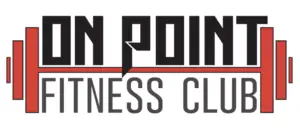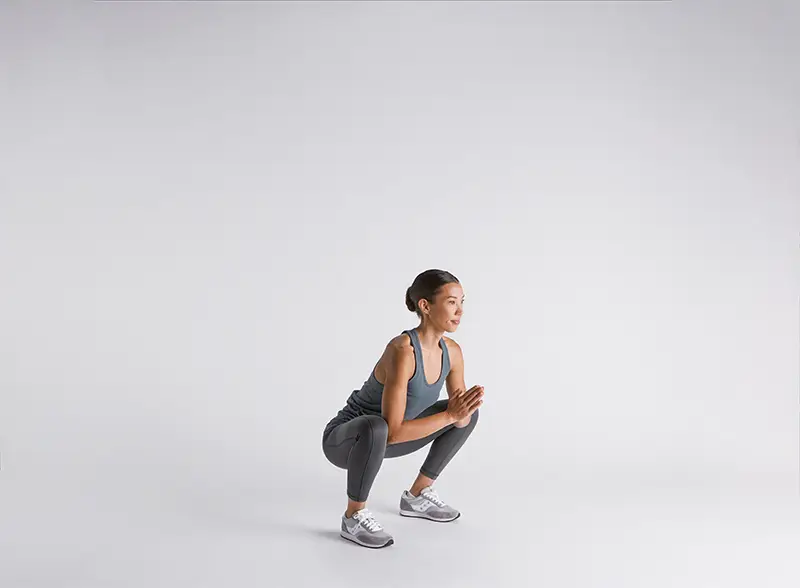Something that I think we often take for granted in life is the ability to reach overhead to grab an item out of a high cabinet. I was up in Northern Michigan a few weekends ago for a family vacation, and I had the opportunity to spend some time with my 86 year old grandmother. We were sitting around laughing at the kids running around and around her house when my son stopped quickly to reach up and grab a toy off the kitchen counter. My Grandma said to me, “I wish my shoulders would still allow me to do that”, which I then returned with, “can you put your hands over your head?”. She was maybe able to raise them to a 45 degree angle. After about 10 minutes of testing to see if she had any injuries, movement limitations, or shoulder pain, we discovered that her range of motion had already improved, simply moving her arms! My grandma still lives alone and is capable, but doesn’t move as often as she should, so I gave her a simple workout routine.
I tasked her with going for a walk around her house for 20-30 minutes each day, followed by assisted hanging from the pullup bar she still has in the den for 5-15 seconds, then reaching up into the pantry to take a bowl or two down, and putting them back up. I spoke with her on the phone last night, and she was so happy and shocked that she was able to do an unassisted straight arm hang for 20 seconds! The best part was that she was sleeping better at night and was able to lift her hands up all the way, pain free!
I share this story with you to highlight the importance of training overhead movements. We do way more movement overhead in our daily lives than you might think. Putting on your seatbelt, taking off/putting on a shirt, grabbing items out of the cupboard, closing the hatch of your car, throwing a ball for the dog. We need to consistently train in this position for quality life as we age.
Some examples of overhead training we use daily at OPFC are overhead squats, carries, 1-Arm presses, military presses and landmine presses. All of these exercises help to build strong and stable shoulder joints, stabilize our core and lower back, and build resilience in the joints. When we have pain or injuries, we can still participate in overhead motions, but we must be smart about what we choose. Substituting a band triceps extension instead of a military press, for example, still engages the triceps, deltoids, and serratus anterior, but is far less stressful to the rotator cuff and neck. If you know you have an injury or need a modification, let your trainer know so that we can help you find the right exercise to build back a stronger, more stable shoulder (or other body part).
Don’t be afraid to put your hands in the air like you just don’t care! Celebrate being able to still reach overhead!
Yours in strength,
Nick and Tom






